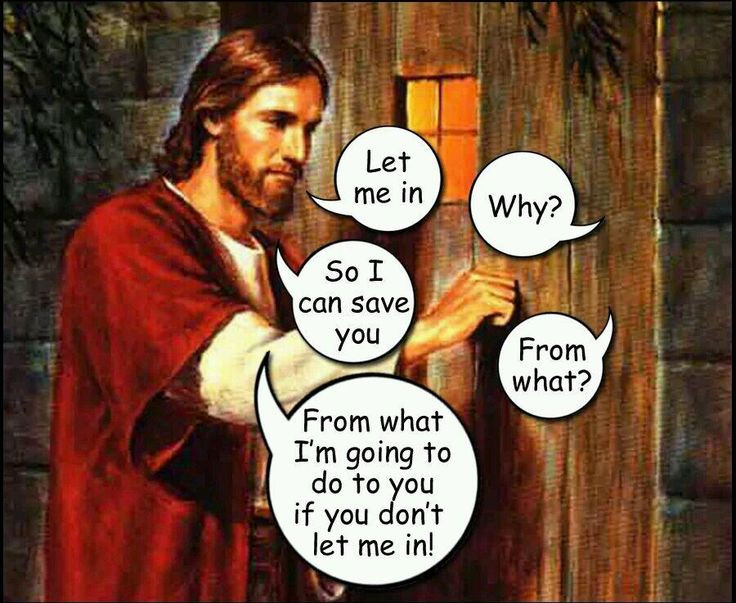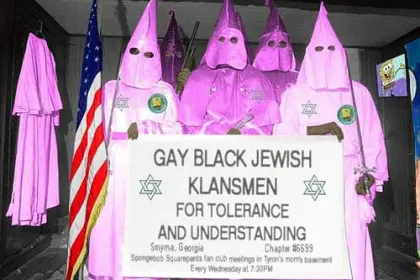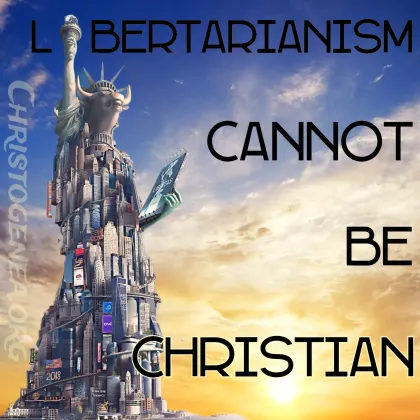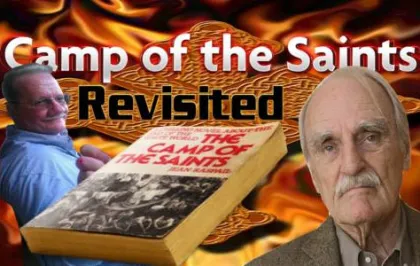A critical review of the sermon Daniel's Fifth Kingdom, by Bertrand Comparet
Christogenea Internet Radio, Friday December 18th 2015.
Tonight we are going to present and discuss Bertrand Comparet's sermon, Daniel's Fifth Kingdom. We are doing this for several reasons. First, I have chosen to devote more time than usual concentrating on certain other tasks, mainly technical, and therefore I will not begin another in-depth Bible Study until early January, when we shall commence with our presentations of the epistles of Paul, picking up with his epistle to the Philippians. Secondly, last week we began addressing both futurism and preterism, which are methods of Biblical interpretation that more or less refuse to see, or even deny, the unfolding of the revelation of God throughout our actual history. Nowhere in the Old Testament prophets is a long-term unfolding of the revelation of God clearer than in the Book of Daniel.
Daniel has his critics, but of course they are nearly all Jews. Bertrand Comparet did another sermon which was a pretty good general address of some of those criticisms, entitled Daniel Freed From the Critic's Den, but because he only gave sermons they are not always well documented. So we hope one day to expound on that sermon also, and to add documentation. Ultimately, Daniel is proven to be true, and every Jew a liar. The Jews despise and reject Daniel not only because of his precise foretelling of the time of the advent of the Christ, but also because Daniel, along with the Revelation, prove conclusively that the Word of God is what we today would consider to be Euro-centric: that the White Christian nations of Europe are indeed the seed of Abraham and they are the nations which were promised to spring from his loins. That is also what Paul of Tarsus had taught throughout his epistles, and the truth of those assertions can be discovered in the classical histories and in archaeology.









 Please click here for our mailing list sign-up page.
Please click here for our mailing list sign-up page.







